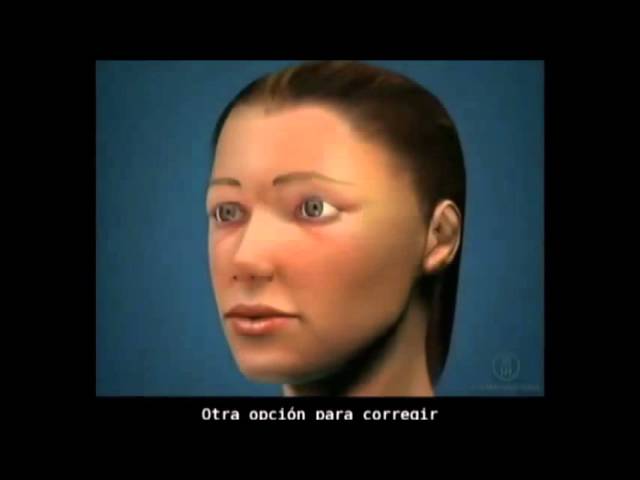Uncovering the Real Risks: Side Effects of LASIK Surgery for Improved Vision
Are you tired of wearing glasses or contact lenses? LASIK surgery is an effective solution for vision correction that eliminates the need for corrective eyewear. LASIK, which stands for “laser in-situ keratomileusis,” reshapes the cornea of the eye to improve vision. The procedure is painless and has a short recovery time. However, like any surgical procedure, there are potential side effects that you should be aware of before making a decision to undergo LASIK.
In this article, we will discuss the side effects of LASIK and what you can expect during the recovery process. We will also provide tips on how to reduce the risk of complications after LASIK surgery.
Side Effects of LASIK
While LASIK is generally safe and effective, there are potential side effects that can occur, including:
- Dry eyes
- Glare or halos around lights
- Double vision
- Fluctuations in vision
- Difficulty with night vision
- Undercorrection or overcorrection of vision
The most common side effect of LASIK is dry eyes. This occurs when the eyes do not produce enough tears to keep them moist. Dry eyes can cause discomfort, itchiness, and redness. It typically occurs within the first six months after surgery and can be managed with eye drops or other treatments.
Recovery Process
After LASIK surgery, it is normal to experience some discomfort, sensitivity to light, and blurry vision. However, most patients are able to return to normal activities within a day or two. It is important to avoid rubbing your eyes or engaging in activities that could cause eye strain, such as reading or using a computer, for the first week after surgery.
Your eye doctor will provide you with eye drops to use for several weeks after surgery to aid in the healing process and reduce dry eyes. It is important to follow all of your doctor’s instructions during the recovery process to ensure the best possible outcome.
Reducing the Risk of Complications
To reduce the risk of complications after LASIK surgery, it is important to choose a qualified and experienced surgeon who uses the latest technology. You should also inform your doctor of any health conditions or medications you are taking that could affect your healing or increase the risk of complications.
If you are considering LASIK surgery, schedule a consultation with an experienced eye surgeon to discuss your options and learn more about the potential risks and benefits. With the right care and precautions, LASIK can be a safe and effective solution for vision correction.
Most wanted in Hoya Vision:
Hoya Lens Engravings
Which lens is better Alcon or Johnson and Johnson?
What’s the rarest eye color?
What brand lenses does Costco use?
Legacy Eye Care Llc
Hoya Sensity Vs Transitions Xtractive
Should eyeglasses cover eyebrows?
What’s the difference between 1.5 and 1.6 lenses?
What do you call glasses that turn dark in the sun?
Wide Corridor Progressive Lenses
















